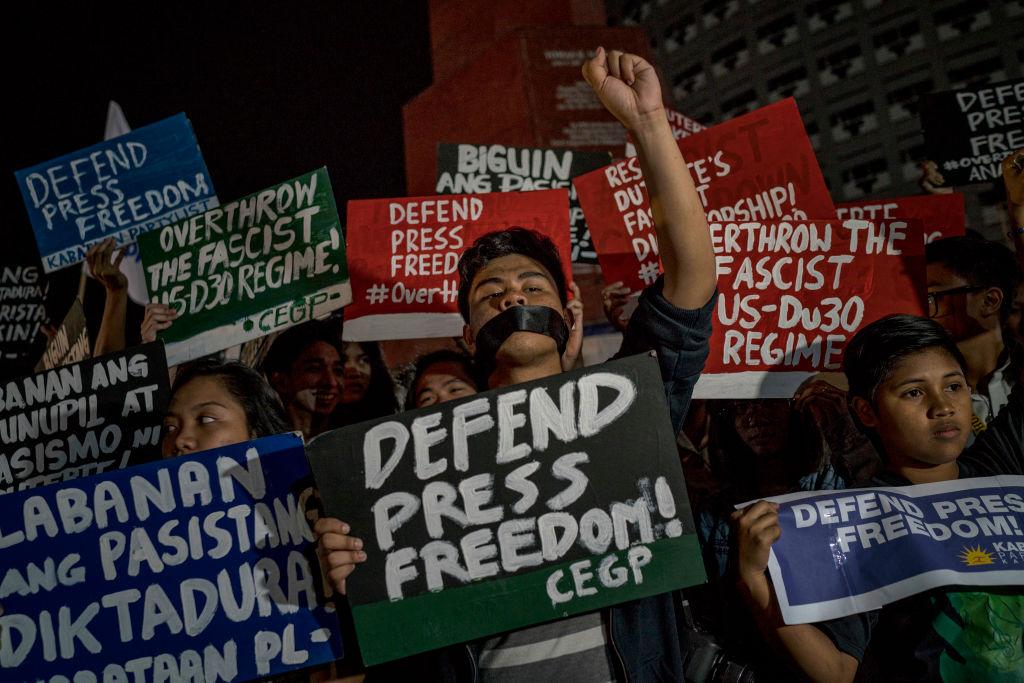A state commission in the Philippines has ordered to ban five books deemed to have “subversive” contents, drawing outcry from human rights groups who viewed the move as repression of free speech.
The Commission on the Filipino Language (KWF) issued a memorandum in August calling for a halt to the distribution of the books in schools and libraries, which allegedly contain “anti-Marcos and anti-Duterte contents.”





